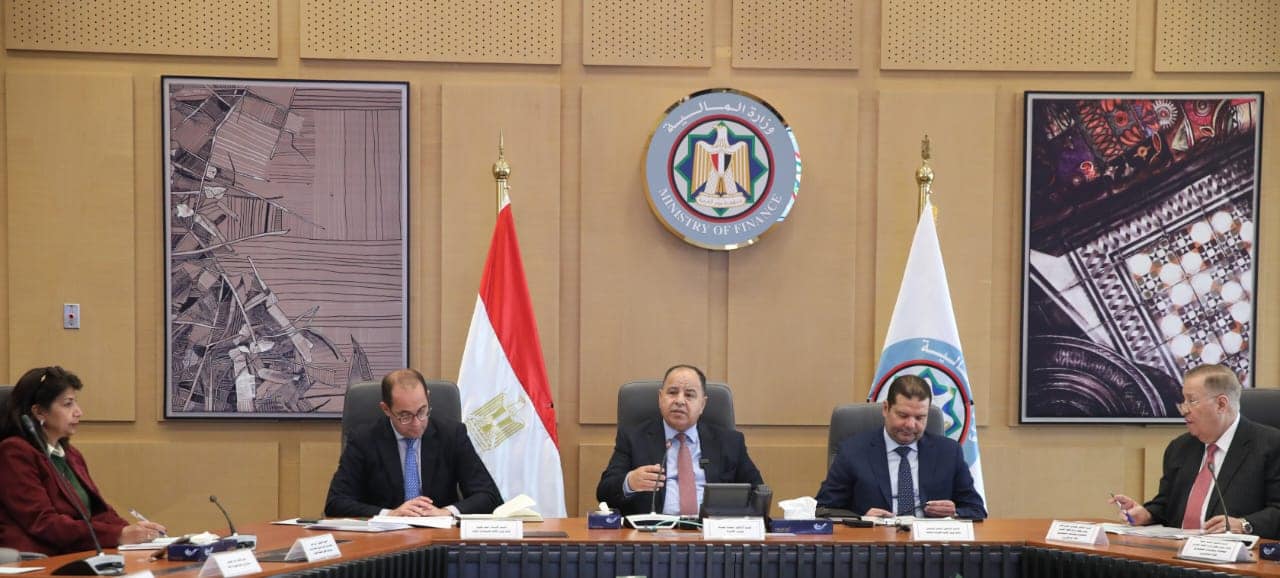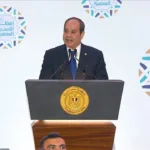Egypt continues soft financing for small projects at 5% interest rate: Finance Minister – Dailynewsegypt


In a recent open dialogue, Maait discussed the draft budget for the fiscal year 2024/2025, emphasizing the alignment with presidential priorities that aim to transform Egypt’s economic landscape. These efforts include completing economic structural reforms, attracting investments, creating jobs, and enhancing citizens’ living standards. The state has allocated a maximum of EGP 1trn for public investments, leaving ample space for private sector contributions.
“We are collaborating with various state agencies to boost our resources and fortify our economic prowess by endorsing financial policies that favour industry localization,” Maait stated. He highlighted the government’s commitment to fostering investments in agriculture, industry, communications, IT, and tourism, and expressed readiness to implement any initiatives that would propel the private sector to the forefront of economic activities.
Tax Base Expansion and Fiscal Stability
The government plans to widen the tax base using advanced electronic systems for precise identification of taxpayers, aiming for equitable tax distribution. Maait noted the successful integration of a portion of the informal economy into the formal sector, reflected in a tax revenue increase of over 38% since the year’s start. He assured that there would be no new tax or custom tariff burdens on investors in the upcoming fiscal year.
Maait underscored that the new fiscal year’s budget projections are in harmony with the economic policies and presidential directives for the forthcoming phase. The government pledges to enhance funding for social welfare, healthcare, education, production, and exports while optimizing expenditures in other sectors.
“Over the past six years, we’ve achieved our budgetary goals and maintained financial discipline,” Maait remarked. He reaffirmed the commitment to reducing deficit rates and public debt and attaining a significant primary surplus of 3.5% of the GDP.
Historic Debt Cap and Legislative Reforms
For the first time, Egypt has set an annual debt cap for the general government, which will decrease yearly until it reaches the target rate of 80% by June 2027. This cap may only be surpassed under national emergencies or essential circumstances with approvals from the President, the Cabinet, and the House of Representatives. Additionally, a guarantee cap has been established, with the upcoming year’s surplus and half of the offering proceeds earmarked for direct debt and service burden reduction.
Recent amendments to the Unified Public Finance Law have introduced legislative tools to manage deficit and debt ratios relative to the GDP. The state’s fiscal indicators will be based on the “general government” budget, encompassing all public economic and service entities. This sets the general government’s total expenditures at EGP 6.6trn and revenues at EGP 5.3trn for the fiscal year 2024/2025.
Continuing Economic Targets
Ahmed Kujok stated, “Our commitment to achieving budget targets and maintaining financial discipline remains steadfast. We are poised to address future challenges by securing a substantial primary surplus of 3.5% and steering both deficit and debt rates towards a declining trajectory relative to the GDP.”
Kujok elaborated that the forthcoming budget is set to be “extraordinary,” crafted with a focus on stringent financial discipline to bolster the success of structural economic reforms. This approach includes moderating consumption while simultaneously boosting financial support for the production and development sectors.
Moharam Helal, Chairperson of the Egyptian Federation of Investors Associations, acknowledged the severe impact of global instability on Egypt. He commended the government’s decisive reform measures, which have been instrumental in mitigating economic repercussions and sustaining the interest subsidy initiative for productive sectors’ credit facilities.
Helal also indicated the expectation of new initiatives and measures designed to invigorate industry and production. These efforts are expected to mirror economic policies that favour local production and exports, catering to the imperatives of driving tangible economic growth.






